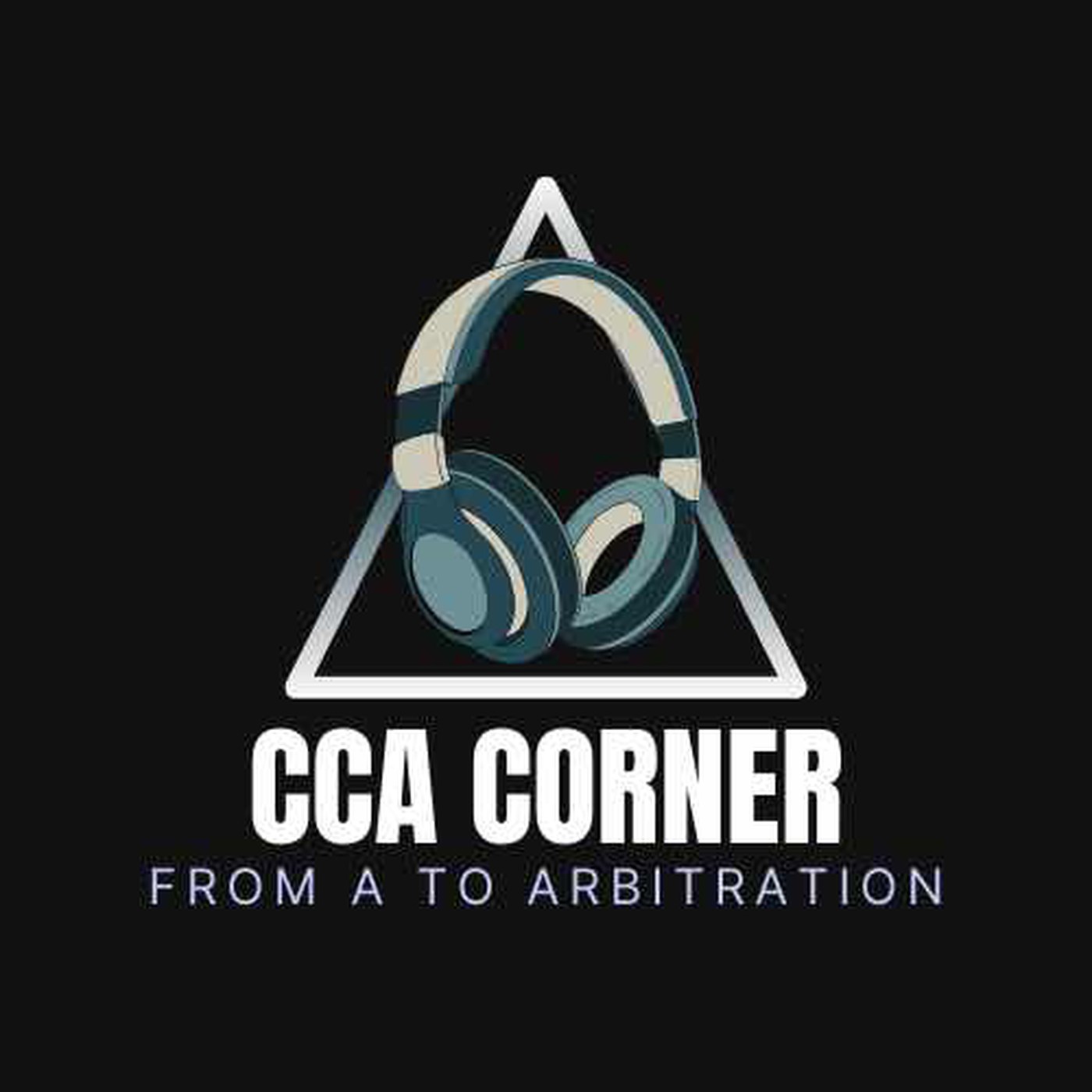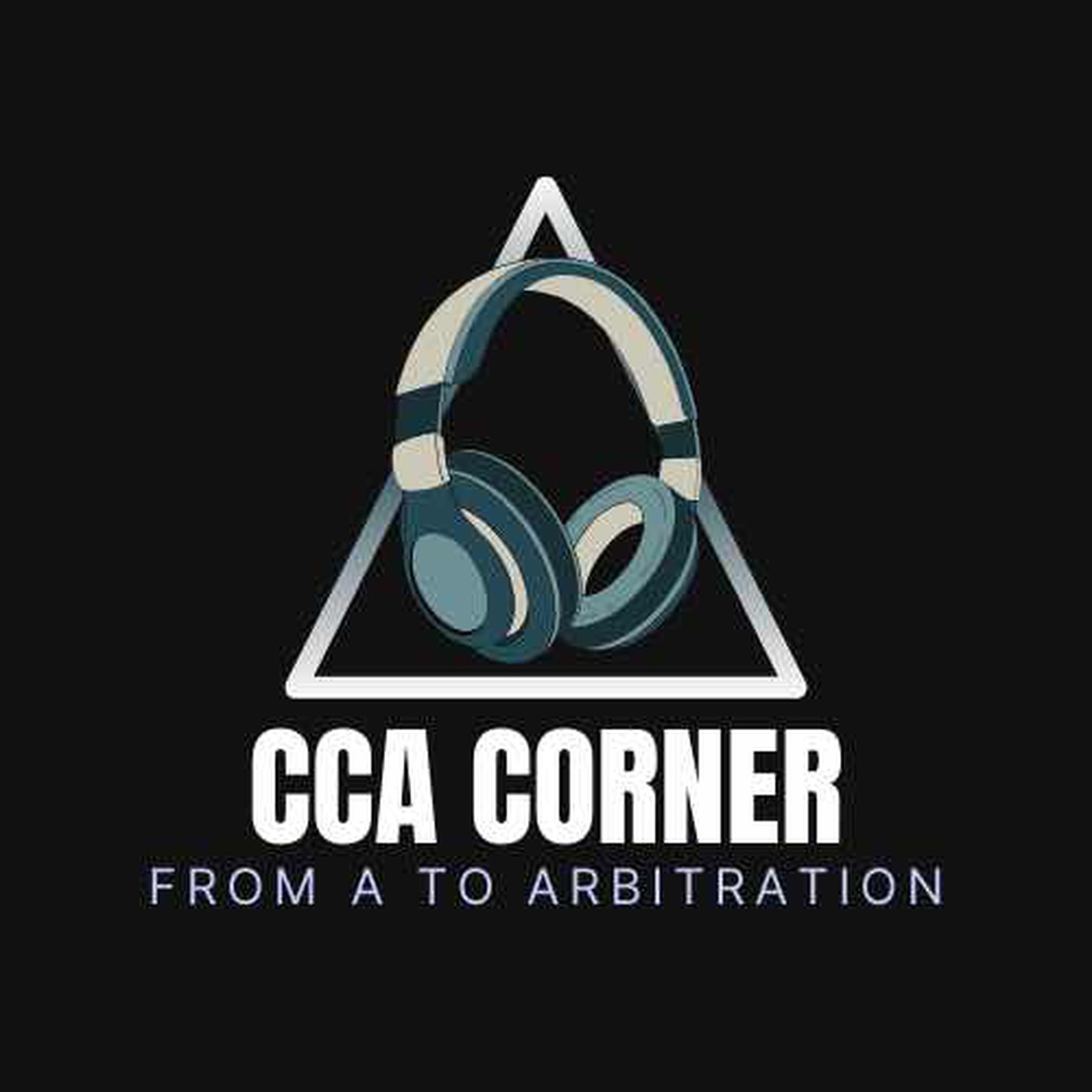Discover From A to Arbitration
From A to Arbitration

317 Episodes
Reverse
fromatoarbitration.com
concernedlettercarriers.com
Its year end wrap up time. Thanks so much for a year of the CCA Corner and we look forward to many more
fromatoarbitration.com
CCA Corner
concernedlettercarriers.com
Fromatoarbitration.com
fromatoarbitration.com
concernedlettercarriers.com
fromatoarbitration.com
Powell c-11012
Bahakel c-34086
Martin c-10686
Deitsch c-12618
fromatoarbitration.com
cites
cenci c-28435
Sherman c-27929
durham c-26456
fromatoarbitration.com
If you are interested in getting involved with contract rally work groups or joining the planning WhatsApp group, email NALCchris@gmail.com or visit https://www.fightingnalc.com
fromatoarbitrationj.com
fromatoarbitration.com
fromatoarbitration.com
fromatoarbitration.com
fromatoarbitration.com
fromatoarbitration.com
concernedlettercarriers.com







USPS wastes way more money paying management to be on these useless conference calls day after day than they could ever possibly waste on carriers "taking too long." Half the people in this call make double my pay just to chat for hours every day. Jesus Christ, what a waste of fucking money.
Nice…
Sadly, he got away with everything.
this reminds me of the time my husband was IN A FUCKING COMA and I was at home with the kids, waiting to see if he was gonna live or die, and I was told I needed, "to make work a priority." It was during the summer in the peak of COVID. No daycare centers were open. My husband was a stay at home Dad. I had no one to watch my kids and was literally waiting to see if my husband would wake up. And management literally gave me shit for missing work for literally the FIRST TIME EVER. They don't care.
This was incredibly important to hear. Thank you so very much.
management: If you're ONE minute late, you're fired. also management: We can be as late as we want when providing documentation.
Thank you so, so much for this podcast! I've learned so much, and I don't feel powerless anymore!
I agree. I lost all faith in the GPS tracking. half the time, it says I'm missdelivering a package, when I'm not. AND, it says that I make U turns daily in my Promaster, on narrow streets, where a U turn is impossible, AND I don't have any dead ends! I literally NEVER make a U turn, but the scanner says they're at least once a day. They're garbage.
can you do a episode on full time employees eligible to bid on open routes? detail status and 204 b